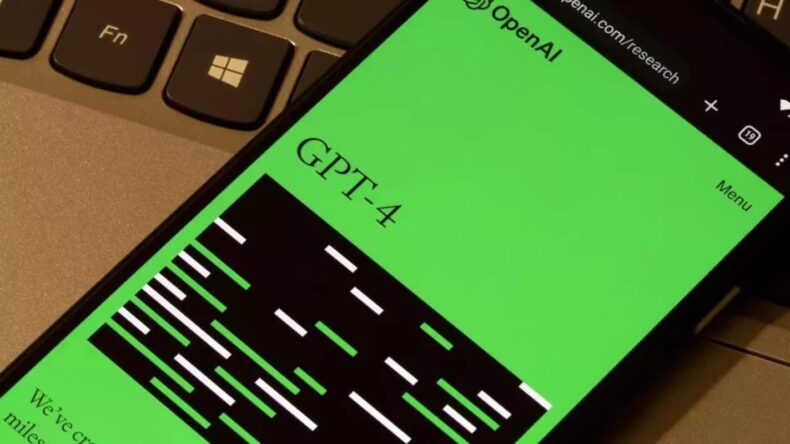OpenAI CEO Sam Altman has denied rumours about GPT-5 training and emphasised the importance of safety measures for large-scale models like GPT-4. Altman also addressed concerns related to ChatGPT, whose future is uncertain due to safety, privacy, and employment concerns. Despite OpenAI’s transparency approach, the company has not released information on GPT-4’s inner workings, and several countries are investigating ChatGPT.

OpenAI has become a leading name in the technology industry, with their revolutionary products such as ChatGPT and GPT-4. However, rumours regarding the training of GPT-5 have been circulating, with concerns about the impact on safety, privacy, and employment. In response, OpenAI CEO Sam Altman has denied these rumours, stating that the company is instead focusing on upgrades and updates for GPT-4.
Rumours of GPT-5 Training Denied
Speaking virtually at an event at the Massachusetts Institute of Technology (MIT), Altman clarified that OpenAI is not currently training GPT-5, nor will they be for some time. Altman noted that the open letter allegedly signed by Elon Musk lacked “most technical nuance about where we need the pause.” Altman stressed the significance of ensuring the safety of the model and disclosed that OpenAI devoted more than six months to train GPT-4 prior to making it available to the public. Altman also addressed the concerns related to ChatGPT. OpenAI has become increasingly concerned about the potential impact of large-scale models like GPT-4 on safety and has been working to increase the safety bar. Altman said that OpenAI is working on “all sorts of safety issues that are important to address and were totally left out of the letter.”

OpenAI’s Commitment to Transparency
Altman confirmed that OpenAI intends to maintain its transparency approach in the future. However, despite the release of GPT-4, the company has not provided any details about the AI bot’s training data, architecture, construction, or other internal operations. The company’s report on the GPT-4 release explained that due to the competitive environment and safety risks associated with large-scale models like GPT-4, no additional information about the architecture, model size, hardware, training compute, dataset construction, or training method was included.
ChatGPT’s Future
OpenAI’s ChatGPT is an artificial intelligence program that has garnered attention for its ability to provide prompt and extensive answers to various queries, making it the fastest-growing consumer application ever with over 100 million monthly active users. However, there are concerns about its impact on safety, privacy, and employment. The European Data Protection Board (EDPB) recently declared the creation of a task force on ChatGPT to establish a common policy on privacy rules for artificial intelligence. Italy has already taken unilateral action to restrict ChatGPT, and Germany’s data protection commissioner is considering doing the same. Spain’s AEPD watchdog has also revealed that it will investigate potential issues associated with the AI program.

OpenAI CEO Sam Altman has denied the rumours regarding the training of GPT-5 and emphasised the importance of increasing safety measures for large-scale models like GPT-4. Although the company plans to continue its transparency efforts, it has not released any information on GPT-4‘s inner workings. The future of ChatGPT remains uncertain, with several countries raising concerns about its potential impact.













